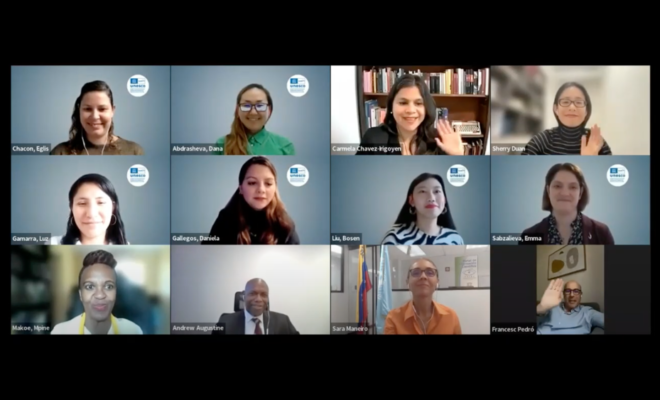Towards #WHEC2022. Webinar 1: Inclusion in higher education
One of the main axes of the UNESCO World Higher Education Conference #WHEC2022, to be held in Barcelona (Spain) in May 2022, is inclusion in higher education. In order to transfer the approaches of Latin America and the Caribbean, UNESCO IESALC is carrying out a specific Regional Consultation, through a variety of events in order to bring together as many voices from different sectors as possible.
On this occasion, experts in the area participated in this webinar – organized jointly with the IDB, OEI, Santander Universities and SEGIB – to delve into the crucial issue of inclusion in higher education.
Moderator: Victoria Galán-Muros, Head of Research and Analysis, UNESCO IESALC
Some ideas from the speakers
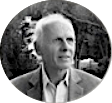
Jamil Salmi, President uPlanner
Rafaela is a 6-year-old girl, she lives in Buenaventura, a rural area of Colombia and has 4 siblings. Her mother was widowed by the armed conflict, has a low level of education and sells fish on a platter on her head, earning around $180 per month. What are Rafaela’s chances of becoming a lawyer or a teacher? Almost none.
If a person belongs to an ethnic minority, lives in the countryside, is poor and is a woman, her chances of accessing and completing higher education in Latin America and the Caribbean diminish considerably.
Like Rafaela, millions of people face difficulties in achieving success due to unequal opportunities. Equity thus becomes a social justice imperative. Social justice and economic efficiency are some of the pending issues in order to achieve greater inclusion in tertiary education in the region.
Large inequity groups have traditionally been established: by income, geographic location, gender, minority groups (ethnic, linguistic, special needs, etc.). The different types of disparities tend to overlap and generate a cumulative effect. For example, in areas where gender discrimination is evident, the impact is greater among lower-income women.
The accelerated processes of privatization of the academic offer, as well as the introduction of co-payment mechanisms developed in recent decades, are financial obstacles that hinder inclusive access and the increase in graduation rates in higher education.
In terms of participation at the tertiary level, the region shows an index of disparity in access, which varies markedly according to the socioeconomic levels of the student groups. The pattern repeats itself: the participation rate in higher education for the richest quintile far exceeds the participation rate for the poorest quintile.
The disparities begin with the quality of primary and secondary education, with students who come from private institutions, where they are better prepared for the entrance exams, generally obtaining a higher rate of admissions to tertiary education. In order to enter higher education, the most disadvantaged students must overcome cultural, social and economic barriers.

Javier López, Director of Impact, Santander Universities
Banco Santander has been supporting higher education for 25 years under the premise that lives can be changed through it. It is committed to providing access to education, improving employability, and supporting entrepreneurship with financial resources.
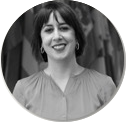
Ana Capilla, Director of Higher Education and Science of the Organization of Ibero-American States for Education, Science and Culture (OEI)
The pandemic has forced higher education to undergo an accelerated transformation, and for this reason, it is important to have spaces for analysis to process these changes, such as those that are opening with this series of online seminars and the Third World Higher Education Conference.
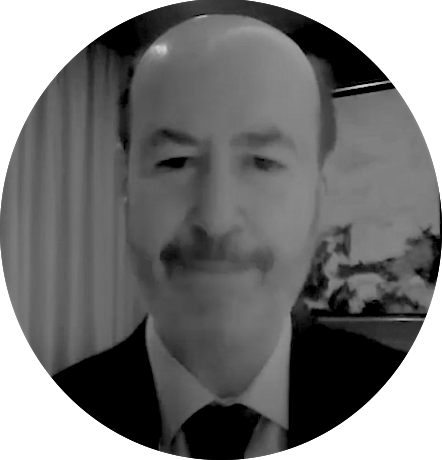
Félix García Lausín, Director of the Ibero-American Knowledge Space of the Ibero-American General Secretariat (SEGIB)
The consultation and other activities will generate contributions that will enrich previous debates and contribute to the participation of governments, universities, and higher education institutions in the Third World Higher Education Conference, thus following the mandate received from the heads of state and government at the 27th Ibero-American Summit on April 21 in Andorra and in accordance with the strategic link that the organization maintains with UNESCO.

Francesc Pedró, Director of UNESCO IESALC
I take advantage of the celebration of the first webinar to highlight the strongly decentralized and open nature of WHEC 2022, which will be held in a hybrid format -face-to-face and remote-, which will mark a milestone in the organization’s major events and in which participation will be enhanced thanks to the technological component.
This series of webinars, and thanks to partnerships with allies, is one of the many platforms that are being used to open debates and participation, and to express convergences and divergences.
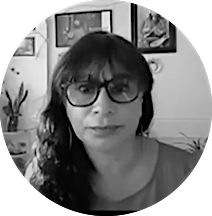
Pamela Molina Toledo, Executive Director of the World Federation of the Deaf
The few people with hearing disabilities -as is her case- who reach higher education have suffered historical discrimination, since they come from segregated school systems and have been deprived of their natural language, which does not guarantee them equal conditions.
There is a structural challenge to be able to achieve inclusion in the same physical space and to generate inclusion policies -from the universities and from the State-, taking into account the opinions and real needs of these vulnerable groups.
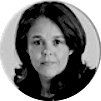
Isabel Román Vega, General Research Coordinator for the State of Education Report
The improvised school at home due to Covid-19 has been as unequal as the most unequal region in the world: Latin America. Although important measures have been taken, they fail to be systemic in terms of equity and quality.
Training alone is not enough. It must be articulated with an economic strategy that raises productivity, based on the added value of the knowledge of the fourth 4.0 industrial revolution.

Sonia Viñas Sánchez, director of Fundación Universia
Inclusion as an interconnected and evolutionary strategy, in which it is necessary to research and report on reality in order to change the stereotype and put the person before the disability, in accessible and inclusive environments where all people fit.
We believe in a practical, useful and fun university, where reasoning is evaluated and not memorization, with the focus on the student, which adapts to different abilities, respecting diversity, with an individualized education. It is relevant to guide people with disabilities on a vocation with an option to the labor market to keep them away from the risk of exclusion.
Presentation
Inclusion and equity (in Spanish), Jamil Salmi
Learn more: Consultation for Latin America and the Caribbean Consultation addressed main themes of the #WHEC2020

RELATED ITEMS




